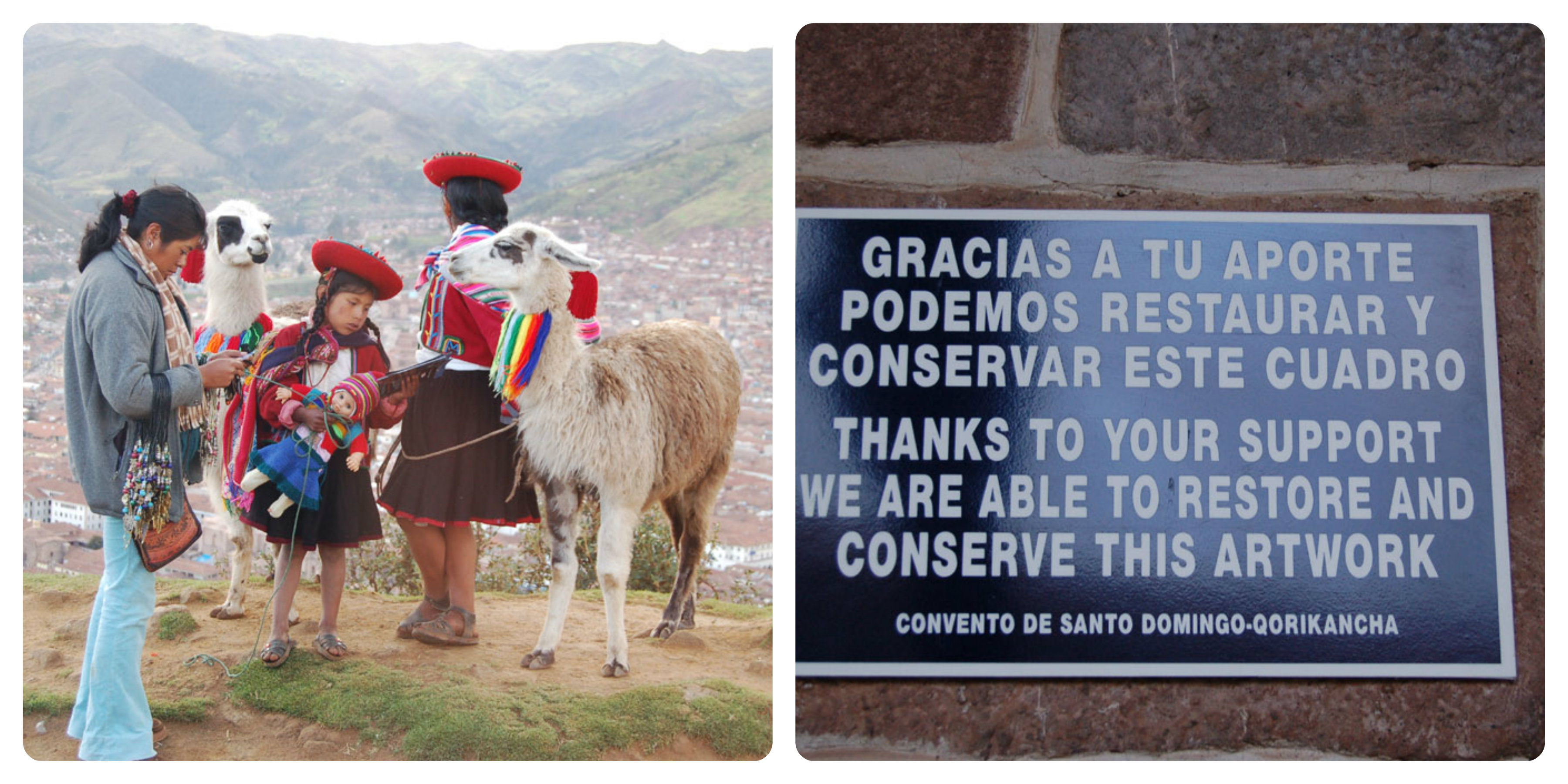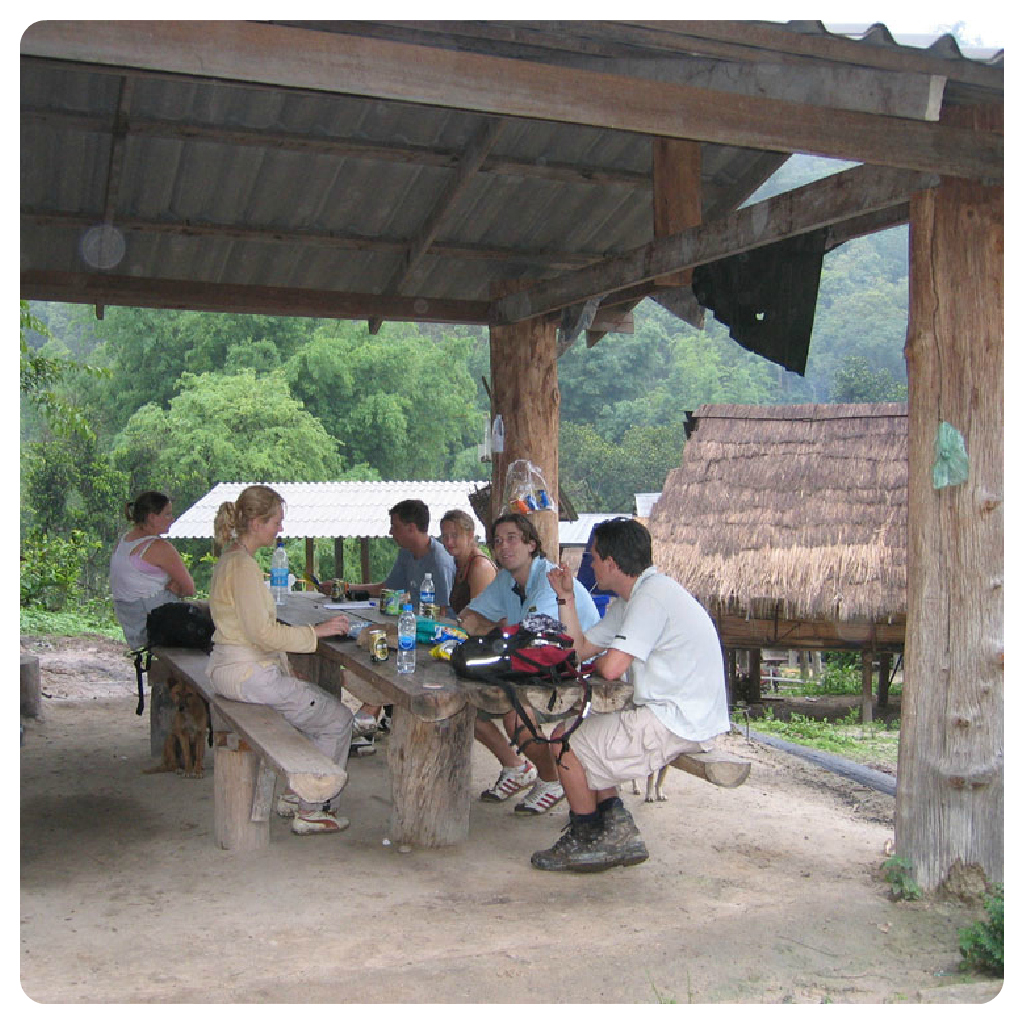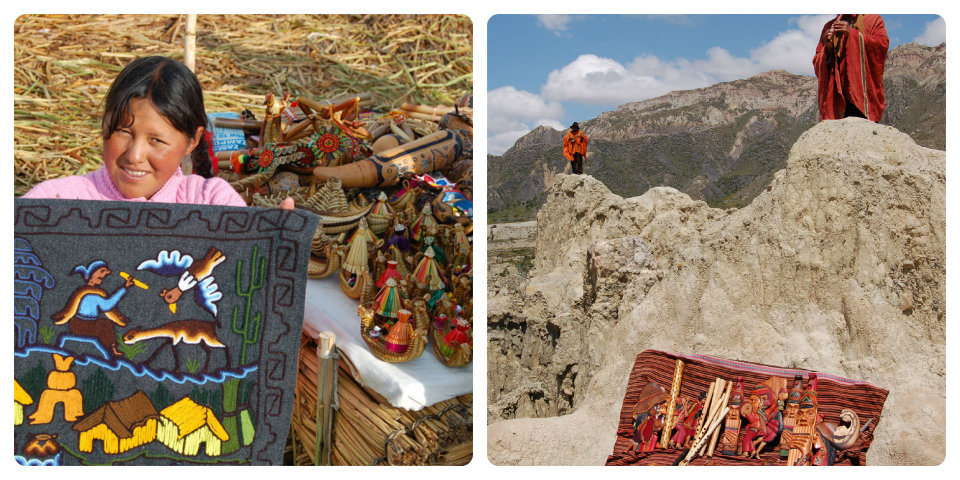Tourists should be aware of what they can do to promote responsible tourism. In many areas of the world codes of responsible tourism been have developed. These are designed to help tourists understand how they should behave within the destination they are visiting. These codes tend to include the following types of information.
1. Learn about the country
- Learn key words in the local language
- Be aware of religious and social customs
- Visit the tourist information centre on arrival for local information

2. Know the appropriate cultural behaviour
- Respect the dignity and privacy of others – ask before taking photos.
- Dress and behave respectfully, especially in villages, religious and cultural areas.
- Be careful giving gifts of money to children and beggars.

The culture in many countries in Asia is different from that in Western countries.
3. Protect plants and animals
- Do not buy products made from endangered plants and animals.
- Do not stand on, touch or remove plants or animals from their habitat.

4. Minimise environmental impact
- Dispose of rubbish carefully, recycle where possible, re-use drink bottles and do not use plastic bags.
- Minimise water and power use.
- Choose environmentally friendly tour operators.

5. Support local initiatives
- Purchase local products, arts and crafts.
- Eat local rather than imported food
- Support local tour operators and stay in locally owned accommodation.

6. Pay a fair price
- Pay a price which reflects what something is worth.
- A small sum to a tourist may mean the price of a meal to the vendor.

7. Think about the impact
- Tourists are guests – tourists should not do anything they would not do at home.
- Make the trip a positive experience for the tourist and the people in the country visited.


Study the image above. Suggest three instructions that could be given to the tourists looking at the penguins.
EVIDENCE LOG 6- Irresponsible Tourism
What is irresponsible tourism?
The information above provides a lot of information about how tourists should behave in a responsible manner. However, a lot of tourists do not always behave as they should.
Work in teams to think about examples of irresponsible behaviour to complete the table in the Evidence Log.
Most tourists do behave in a responsible way most of the time. However, it is still important to encourage more tourists to behave more responsibly.
